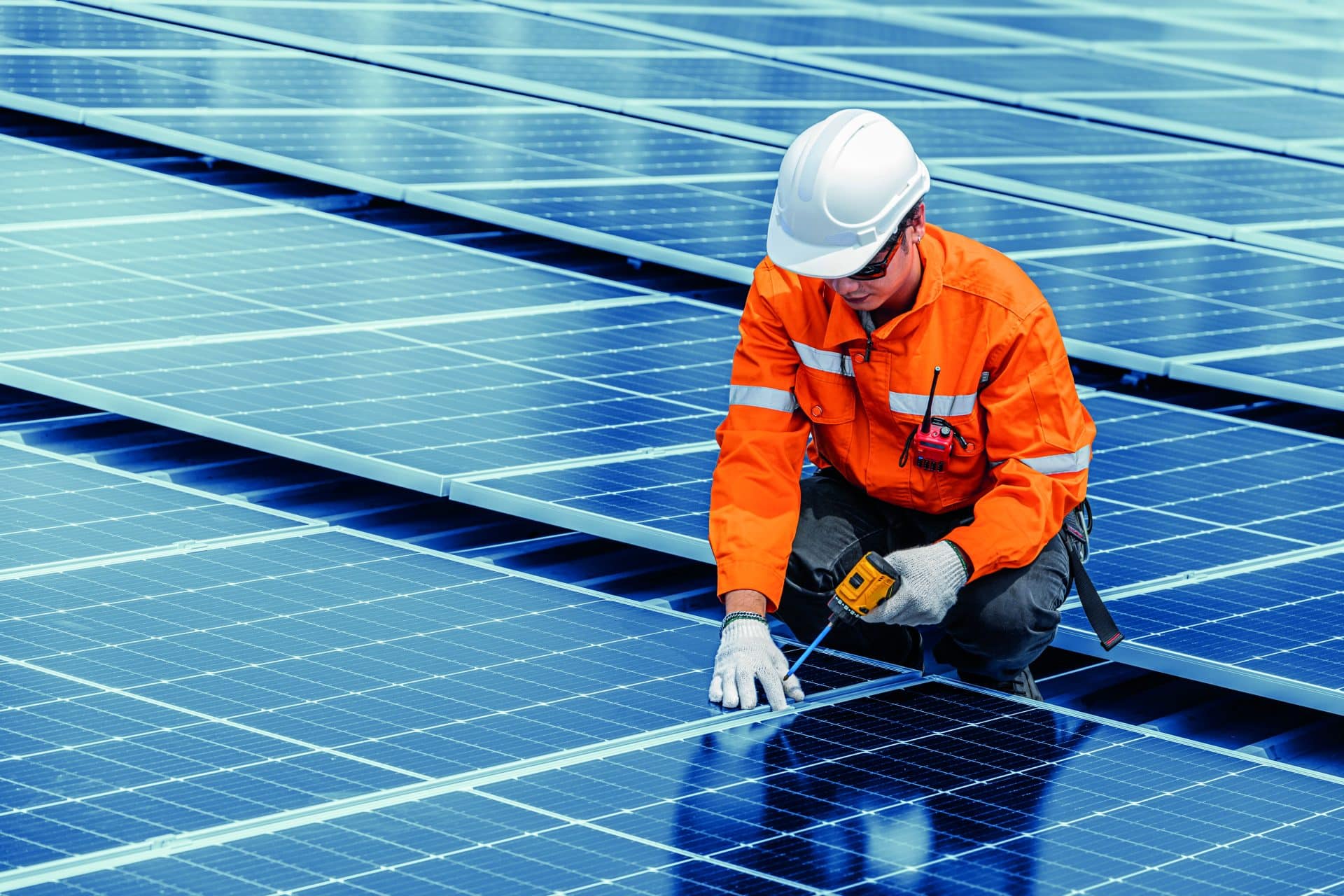Generation

Saudi solar megaprojects secure financing for 1.4GW renewable expansion

Two major solar power projects in Saudi Arabia have reached financial close, paving the way for the development of the 1,000MW Al Masa’a plant and the 400MW Al Henakiyah-2 facility, which together will add 1.4GW of renewable capacity to the kingdom’s grid.
According to the news report by GlobalData, the 1,000MW Al Masa’a project, located in Hail province about 590 kilometres north of Riyadh, is scheduled to begin commercial operations in the third quarter of 2027. Al Henakiyah-2, a 400MW plant in Madinah province, is targeting first power in the first quarter of 2027.
Both projects are being developed under 25-year power purchase agreements with the Saudi Power Procurement Company, with the consortium responsible for design, financing, construction and long-term operations.
A mix of local and international lenders — Saudi Investment Bank, Bank of China, Société Générale, BNP Paribas, Abu Dhabi Commercial Bank and First Abu Dhabi Bank — is providing the financing, underscoring strong investor confidence in Saudi Arabia’s renewable energy market.
The projects form part of the kingdom’s National Renewable Energy Programme, overseen by the Ministry of Energy, and support Saudi Arabia’s target of generating around 50% of its electricity from renewables by 2030. They also reinforce the country’s broader decarbonisation ambitions and its liquid fuel displacement efforts.
Cédric Le Bousse, executive vice-president for Europe, Middle East and Central Asia at EDF power solutions, said the financial close represents “a significant milestone” and boosts the company’s total renewable capacity in Saudi Arabia to over 3.5GW. He added that the projects reflect EDF’s long-term commitment to supporting Vision 2030 and the Saudi Green Initiative.
Once operational, the two facilities are expected to provide clean power to more than 240,000 homes and reduce carbon dioxide emissions by around 3 million tonnes annually. A substantial proportion of construction materials, equipment and services will be sourced locally, while Saudi nationals will make up a large share of the workforce in the early operational years — with that share expected to grow throughout the plants’ lifespans.












